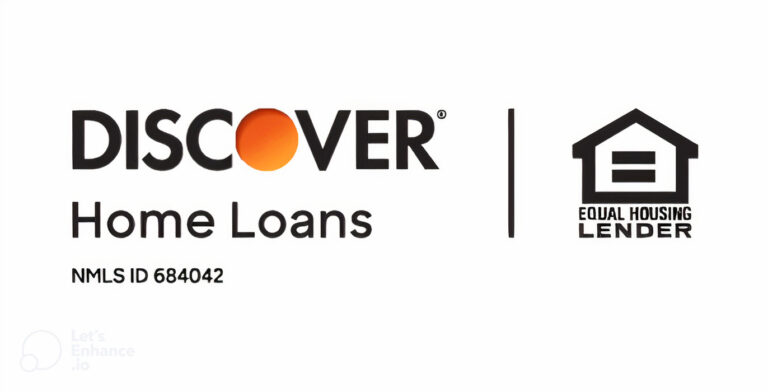Sponsored Content: A mortgage refinance from Discover® or a different lender swaps out your current mortgage for one with more favorable terms However, if you’re planning on selling your home soon, refinancing may not always be the best move. While refinancing can be a great way to save money over time, it doesn’t come without upfront costs.
Refinancing may be a good option for those playing the long game who expect the value of their home to appreciate. But depending on your circumstances, refinancing could be beneficial in the short term, too. Whether or not to refinance comes down to calculations and your best judgement, but here are some general guidelines that can help you forecast your options:
Refinancing usually comes with upfront expenses such as closing costs (bank fees, appraisal fees, attorney fees, etc.) which will vary.
Some lenders, like Discover, charge no closing costs for a refinance. You can make this a priority when choosing a lender to make it easier to get value from your refinance.
Even with closing costs, some home buyers looking to upgrade could benefit from getting a lump-sum of cash through a refinance like a cash out refinance or home equity loan.
In some instances, a refinance can help produce funds toward a down payment on a new home. Some mortgage refinances, such as home equity loans or cash out refinances, let homeowners pull cash from their house to put toward anything – including a down payment on a new home.
This strategy helps for anyone who could use extra funds during the home buying process.
Depending on your situation, a mortgage refinance could lead to a lower interest rate, and a lower interest rate can lead to a lower monthly payment. While mortgage rates increased in 2022, current rates could still be lower than those on existing mortgages.
Other factors could also impact refinance interest rates. For example, someone who saw their credit score improve significantly since purchasing their home may qualify for lower rates. Someone who currently holds an adjustable rate mortgage (ARM) might also be able to lower their rate with a refinance into a fixed-rate mortgage.
Lower interest rates can lower monthly payments while you shop for a home upgrade, helping you put aside money for a down payment or renovations on your future home.
Anyone with private mortgage insurance (PMI) or mortgage insurance premiums (MIP) and more than 20% equity in their home may be able to remove insurance payments with a refinance. This can help reduce monthly mortgage payments, potentially saving hundreds of dollars in the short term. Like with lower interest rates, this saves you money that can go toward your future home.
Before committing to a refinance, check a mortgage refinance calculator to see whether you’ll save money a new loan.
If the upfront costs of refinancing would be a strain on your finances in the short term, you want to make sure you have ample time and resources to recover. Do you have an emergency fund that can cover the refinance and your other expenses? Would refinancing distract you from other financial goals such as saving for a wedding, retirement, education, or even a down payment on the home you hope to upgrade to? Or would refinancing help make it easier for you to achieve those goals?
Ultimately, whether refinancing is worth it for homeowners planning to upgrade varies from person to person. Upfront costs, the type of mortgage, current rates, and mortgage insurance payments are all factors to consider when exploring mortgage refinances.

Discover Home Loans provides home equity loans and mortgage refinance options with a range of benefits for qualified homeowners. Find options that fit within your budget at discover.com/home-loans. © 2023 Discover Bank, Member FDIC | NMLS ID 684042